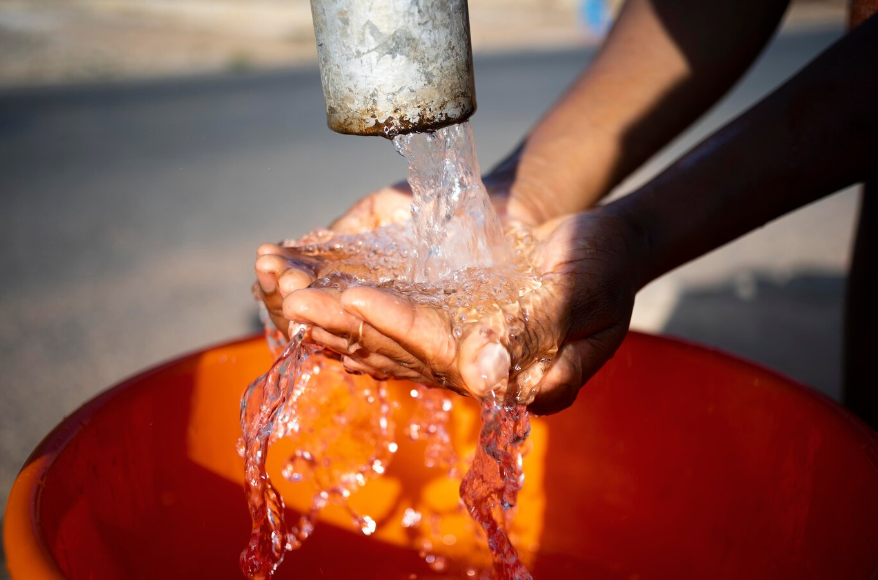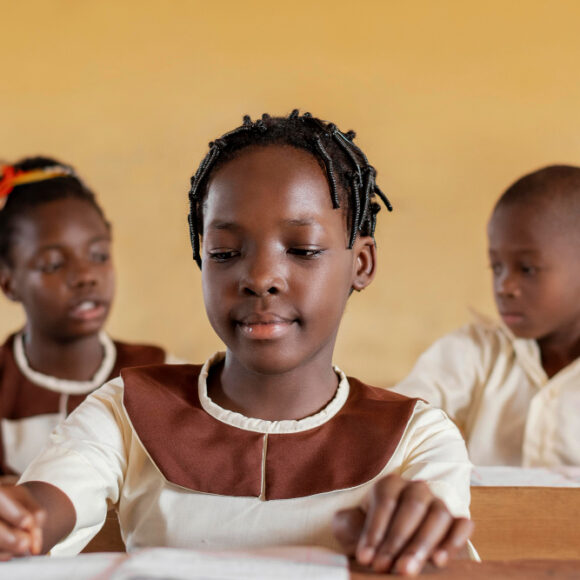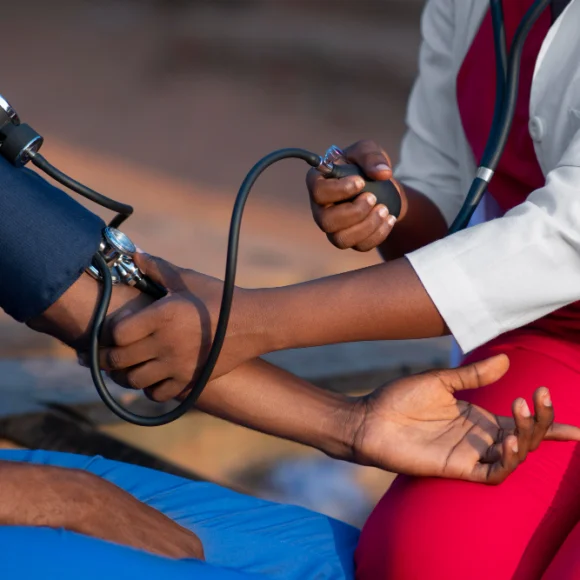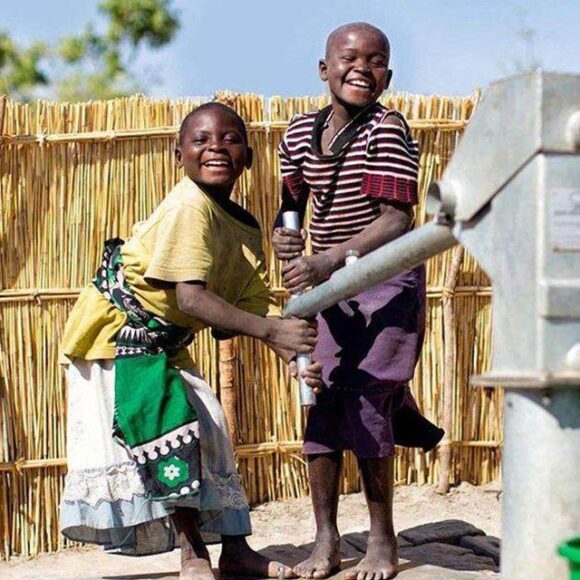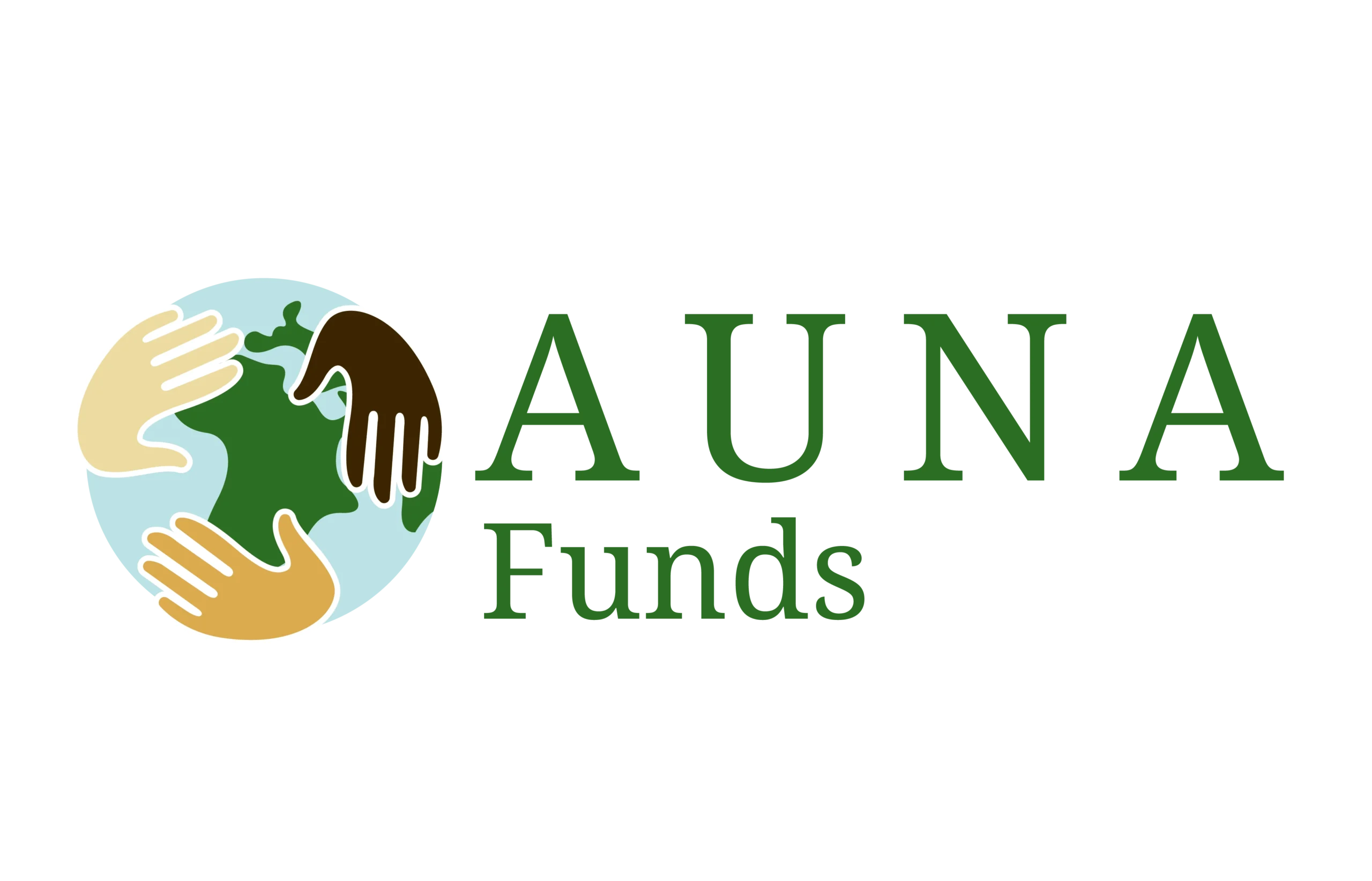Availability of well-trained medical personnel and resources, help to prolong lives in Awo-Omamma region



How We Solve This Project
Availability of clean water is one of the greatest challenges for the citizens of Awo-Omamma. It is also contributing to large numbers of people suffering from kidney problems. The few well-to-do individuals in this category often travel outside of the country (mostly to India) for kidney treatment and transplant. The rest have to wait around and simply die. There is only one river in Awo-Omamma, called Njaba river. It is mostly dried up and polluted and is greatly distant from the bulk of the population. The affordability of clean water is mostly through underground bore-holes, or buying it from stores that sell bottled water.
Clean water is essential for preventing diseases such as cholera, dysentery, and typhoid, which are often spread through contaminated water sources. Adequate water quality reduces the spread of infectious diseases and lowers health risks, particularly in vulnerable populations like children and the elderly. Access to clean water also enhances sanitation, enabling safe hygiene practices such as hand-washing, which is critical for controlling the spread of illnesses. This, in turn, supports healthier communities, where reduced disease burden allows more people to participate in education, work, and community activities.
In agriculture, clean water is vital for food production and livestock health. Irrigation systems that rely on safe water contribute to stable food supplies, which is especially crucial in regions facing drought or inconsistent rainfall. When farmers have reliable access to clean water, crop yields increase, leading to food security, better nutrition, and stronger local economies. For industries, clean water is equally critical, enabling safe production processes, reducing pollution, and conserving ecosystems.
Education on water conservation and sanitation practices is also crucial for long-term water management. Communities benefit when residents understand the importance of protecting water sources, reducing pollution, and conserving water resources. School programs, community workshops, and government campaigns can promote behaviors that safeguard water quality, while policies on water management and pollution control contribute to sustainable, long-lasting solutions.
In summary, clean water access is not only a matter of public health but also a pillar of sustainable development. By investing in water infrastructure, promoting water education, and protecting natural water resources, societies can ensure that every individual has the clean water they need to thrive. The benefits of such investments ripple across generations, building healthier, more resilient communities equipped to face future challenges.
It is our ambition to provide clean water to Awo-Omamma citizens, with bore-holes strategically located to serve the general public.
Give Today
$1 can help our cause.
Give Monthly
Small contributions can make a big impact.

